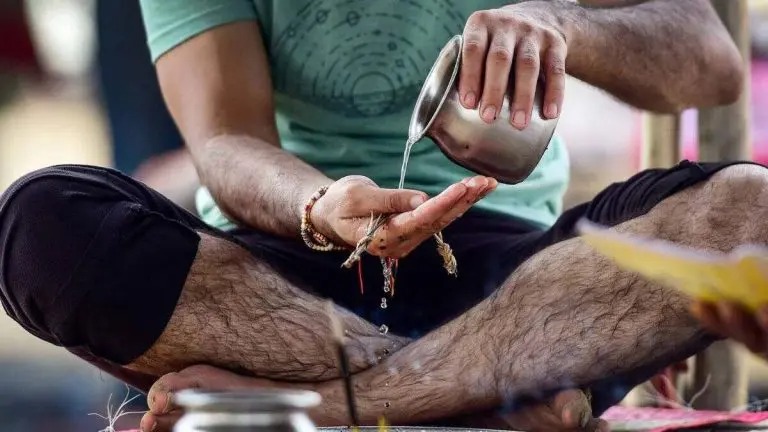Pitru Paksha 2024: Pind Daan is considered very important in Pitru Paksha. By doing Pind Daan during Pitru Paksha, the ancestors attain salvation. However, there are many rules related to Pind Daan which are considered important to follow. One of these rules is who can do Pind Daan and who cannot.
It is often seen that the son-in-law performs the Pind Daan of the mother-in-law and father-in-law. In this sequence, astrologer Radhakant Vats told us that the son-in-law should not perform the Pind Daan of the mother-in-law, this also stops her salvation. Let us know about this in detail.
Is it appropriate for a son-in-law to perform Pind Daan for his mother-in-law and father-in-law?
According to the scriptures, a son-in-law should not perform the Pind Daan of his mother-in-law and father-in-law. This is because the son of the family performs Pind Daan only once in his life when his parents die.
Apart from this, when his parents are not alive, he can offer Pind Daan to his mother-in-law and father-in-law. If the parents are alive, the son-in-law should not offer Pind Daan to his mother-in-law. This does not absolve them of the sins.
At the same time, if the son-in-law of the house is the youngest son of his family, then it is considered very wrong for him to offer Pind Daan to his parents-in-law. However, there is no restriction on the son-in-law performing the last rites of his parents-in-law.
If the in-laws have a daughter as offspring and no son and in addition they have a daughter after the daughter's marriage, then even in such a situation they cannot become a son-in-law. Only the uncle's son can do this.
 look news india
look news india

